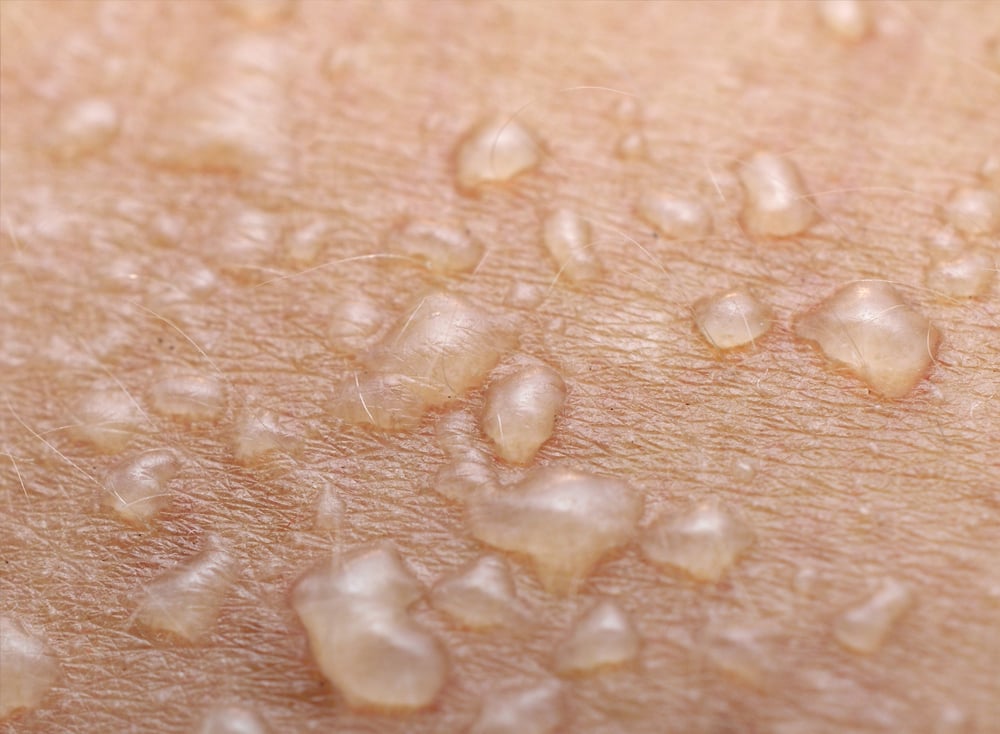Replay has announced the launch of Telaria, a herpes simplex virus (HSV) gene therapy company targeting rare skin diseases.
It is the second of Replay’s product companies to leverage its high payload capacity HSV delivery vector, synHSV. Telaria’s co-founders are HSV scientists, entrepreneurs, and specialists in genetic skin diseases.
In addition to Joe Glorioso, Telaria’s co-founders include John McGrath, an expert in genetic skin diseases, and Alexander Silver, co-founder and chairman emeritus of the Epidermolysis Bullosa Research Partnership. Jakub Tolar, distinguished McKnight Professor in the Department of Pediatrics, Blood and Bone Marrow Transplantation & Cellular Therapy at the University of Minnesota Medical School, is the senior advisor to the company.
Telaria is the second of Replay’s four synHSV gene therapy product companies and its launch follows that of Eudora, a company targeting genetic diseases of the retina. Replay’s distinctive corporate structure separates technology development from product development within disease therapeutic area-focused product companies.
The lead indication in Telaria’s pipeline is recessive dystrophic epidermolysis bullosa (RDEB), a genetic skin disease that causes the skin to be fragile and blister easily. RDEB involves widespread blistering that may lead to scarring, severe pain, and disfigurement. It can affect multiple internal organs and causes serious medical issues that may include chronic inflammation and squamous cell carcinoma.
Benefit to patients
There is currently no cure for the approximately 50,000 RDEB patients worldwide, and palliative wound care is the current standard of care. A disease-modifying gene therapy with the ability to heal wounds more rapidly or prevent their formation would represent a significant benefit to patients.
Replay’s synHSV technology is a high payload capacity gene-deleted HSV-1 vector capable of delivering up to eight times the payload of adeno-associated virus (AAV) vectors. This enables the delivery of genes too big to fit into AAV and facilitates polygenic gene therapy. Replay is, additionally, developing an HSV vector capable of delivering up to 30 times the AAV payload.
Adrian Woolfson, executive chairman, president and co-founder of Replay, said: “The skin is an attractive target for gene therapies and is the largest and most accessible organ. Telaria, focused exclusively on the development of transformative treatments for rare genetic skin diseases, and the second of our four synHSV product companies to launch, represents another significant step towards building an enduring company with the potential to shape the future of genomic medicine through addressing some of the most substantive challenges that currently limit the progress of clinical medicine.”
No approved cure
McGrath said Telaria is developing a potentially best-in-class polygenic gene therapy to heal existing skin lesions more swiftly and effectively, and to prevent the formation of new ones.
Silver said: “There is currently no approved cure for individuals suffering from RDEB and I am aware, from my own personal experience, that the current standard of care is limited and does not provide long-term and sustainable benefit to patients.
“Replay’s synHSV technology, which enables the delivery of big DNA to the skin through its differentiated payload capacity, has the potential to disrupt the genetic skin disease gene therapy field, and to bring much needed treatments to patients as rapidly and safely as possible.”





